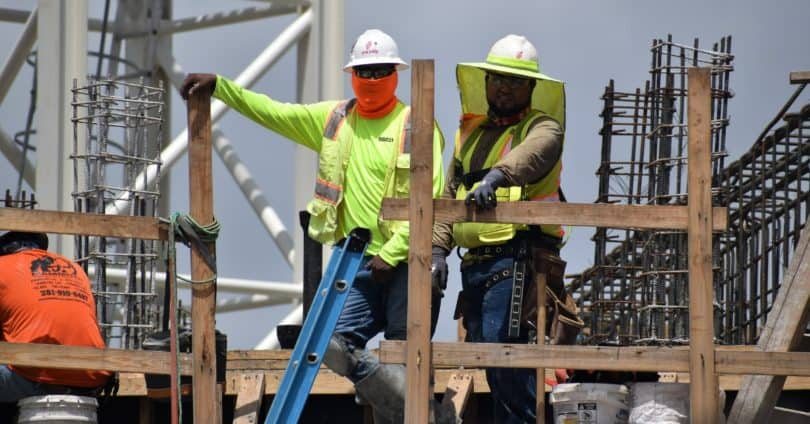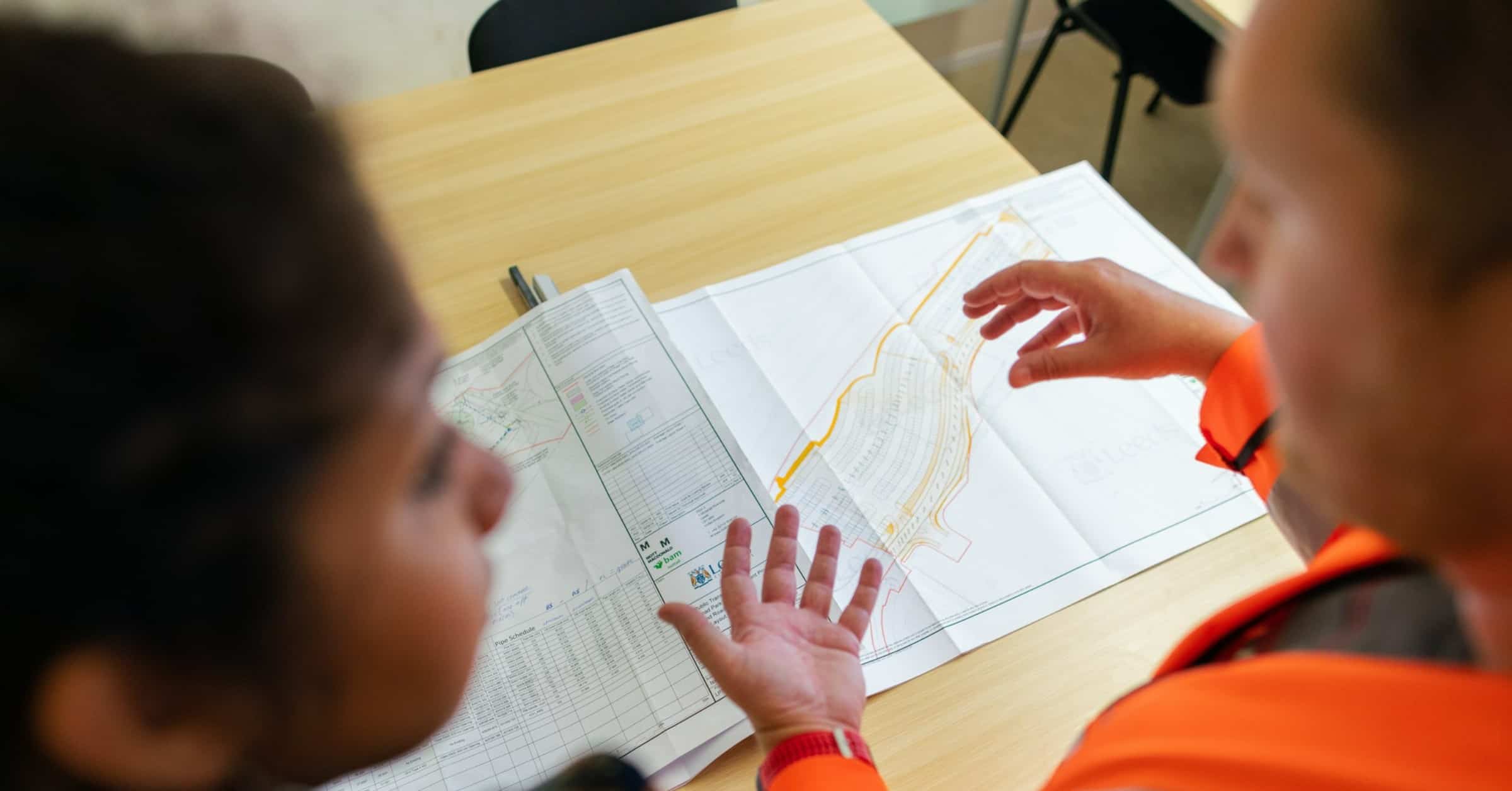As a contractor, it’s important to know how to protect yourself while on the job. There are many potential risks you face while working, and it’s important to take steps to mitigate those risks as much as possible. In this article, we’ll discuss some of the different ways professional contractors can protect themselves While Working. We’ll also talk about what to do if something goes wrong, and how to handle any legal issues that may arise.
Contractors Insurance
One of the best ways to protect yourself as a contractor is to have insurance. This will help cover you in case anything goes wrong while you’re working. There are many different types of insurance available, so be sure to speak with your agent about what would be best for your needs. You should also make sure that your insurance policy is up to date and that it covers any potential risks you may face while working. When getting insurance for contractors, it’s important to make sure that it’s from a reputable company. This will help ensure that you’re getting the coverage you need. Additionally, be sure to read the policy carefully so that you understand what it covers and doesn’t cover.
Legal Protection
Another way to protect yourself as a contractor is to have legal protection. This will help you in case you’re sued while working. Legal protection can help pay for your legal fees, damages, and other expenses. It’s important to note that not all states require contractors to have legal protection. However, it’s still a good idea to have it if you can. Because if you don’t have legal protection and you’re sued, you’ll have to pay for everything yourself. This can be very expensive, so it’s worth the investment to have legal protection. By having a lawyer by your side, you can rest assured that you have someone who knows the law and can help you if something goes wrong.
Workers’ Compensation
Another way to protect yourself as a contractor is to have workers’ compensation insurance. This will help cover you in case you’re injured while working. Workers’ compensation can help pay for your medical bills and lost wages if you’re unable to work. You should check with your state’s workers’ compensation board to see what coverage is available and how to get it. In some states, you may be required to have workers’ compensation if you’re an employee of a company. But, even if it’s not required, it’s still a good idea to have this coverage. It could be very helpful if you’re ever injured while working.
Safety Training
Another way to protect yourself as a contractor is to make sure you have the proper safety training. This will help you avoid accidents and injuries while working. There are many different types of safety training available, so be sure to find a program that’s right for you. You can often find safety training through your employer, or you may even be able to take courses online. If you’re not sure where to start, there are many resources available that can help you find the right type of safety training.
Safety Equipment
In addition to safety training, another way to protect yourself while working is to use the proper safety equipment. This includes things like hard hats, safety glasses, and gloves. You should also make sure that you’re wearing the proper clothing for the job. This includes things like long pants and closed-toe shoes. By using the proper safety equipment and clothing, you can help reduce your risk of injury while working. When it comes to safety equipment, it’s important to make sure that you’re using the right type for the job. There are many different types of safety equipment available, so be sure to find the right one for your needs. Depending on the type of work you do, you may need different types of safety equipment.
The Bottom Line
These are just a few of the different ways you can protect yourself as a contractor. Keep these tips in mind to help protect yourself while working. By taking precautions and being prepared, you can help reduce your risks and keep yourself safe on the job. If something does go wrong, be sure to know who to contact and how to handle any legal issues that may arise. With a little preparation, you can help ensure that your contracting experience is a positive one. Make sure to take the necessary precautions to protect yourself while working. It’s important to be prepared and know what to do if something goes wrong. We hope that this article was helpful!
Read also: How To Write A Contractor Proposal For A Construction Project









